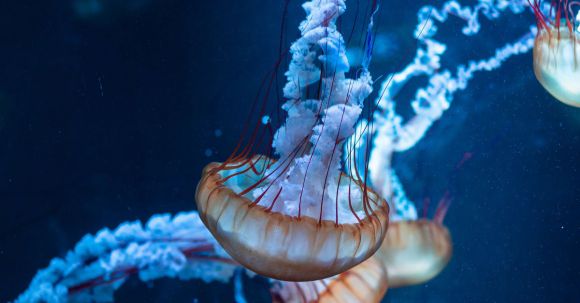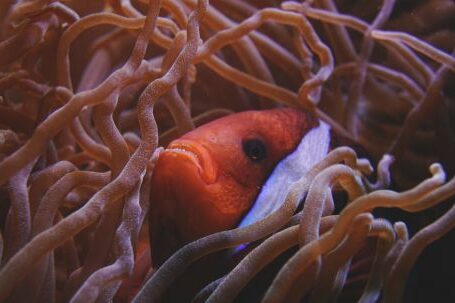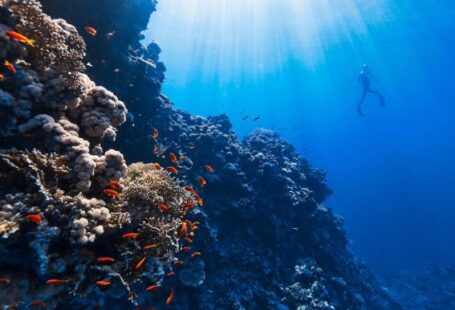Climate change is a pressing global issue that has far-reaching consequences on our planet’s ecosystems, including marine life and coral reefs. As the Earth’s temperature continues to rise due to greenhouse gas emissions, the delicate balance of our oceans and the organisms that inhabit them is being disrupted. In this article, we will explore the various ways in which climate change is impacting marine life and coral reefs and why it is crucial to understand and address these effects.
Rising Sea Temperatures: A Threat to Coral Reefs
Coral reefs are one of the most diverse and productive ecosystems on Earth, providing habitat for countless marine species. However, rising sea temperatures associated with climate change are placing these delicate ecosystems at risk. When water temperatures become too high, corals expel the colorful algae that provide them with food and give them their vibrant appearance. This process, known as coral bleaching, weakens the corals and makes them more susceptible to disease and death.
Ocean Acidification: A Harmful Chemical Change
Another consequence of climate change is the increase in carbon dioxide (CO2) levels in the atmosphere. As more CO2 is absorbed by the oceans, the pH level of seawater decreases, leading to ocean acidification. This change in chemistry has detrimental effects on marine life, particularly organisms that rely on calcium carbonate to build their shells or skeletons, such as coral polyps and shellfish. Ocean acidification makes it harder for these organisms to grow and survive, ultimately threatening entire food chains and ecosystems.
Changes in Ocean Currents: Disrupting Marine Life
Ocean currents play a crucial role in distributing heat, nutrients, and oxygen throughout the world’s oceans. However, climate change is altering these currents, leading to disruptions in marine life. For example, changes in the Gulf Stream, a powerful warm current that influences weather patterns and transports nutrients, could have severe consequences for marine ecosystems along the eastern coast of the United States and Europe. Disrupted currents can also affect the migration patterns of marine species, leading to mismatches in food availability and reproductive cycles.
Sea-Level Rise: Coastal Habitats at Risk
One of the most visible impacts of climate change is the rise in sea levels due to the melting of glaciers and ice caps. As sea levels rise, coastal habitats such as mangroves, seagrass beds, and salt marshes are at risk of submersion. These habitats provide critical nursery areas, feeding grounds, and protection for numerous marine species. Losing these habitats could have cascading effects on the entire marine ecosystem, including declines in fish populations and reduced coastal protection from storms and erosion.
The Need for Urgent Action
The impacts of climate change on marine life and coral reefs are complex and interconnected. It is essential to understand and address these effects to ensure the long-term health and resilience of our oceans. Taking action to reduce greenhouse gas emissions is a crucial step in mitigating the effects of climate change on marine ecosystems. Additionally, protecting and restoring coastal habitats can provide vital refuges for marine species and help buffer against the impacts of rising sea levels.
In conclusion, climate change poses significant threats to marine life and coral reefs. Rising sea temperatures, ocean acidification, changes in ocean currents, and sea-level rise are all having profound impacts on these delicate ecosystems. Understanding these effects is crucial for developing effective strategies to mitigate and adapt to the challenges posed by climate change. By taking urgent action, we can protect and preserve our oceans for future generations and the countless species that call them home.





